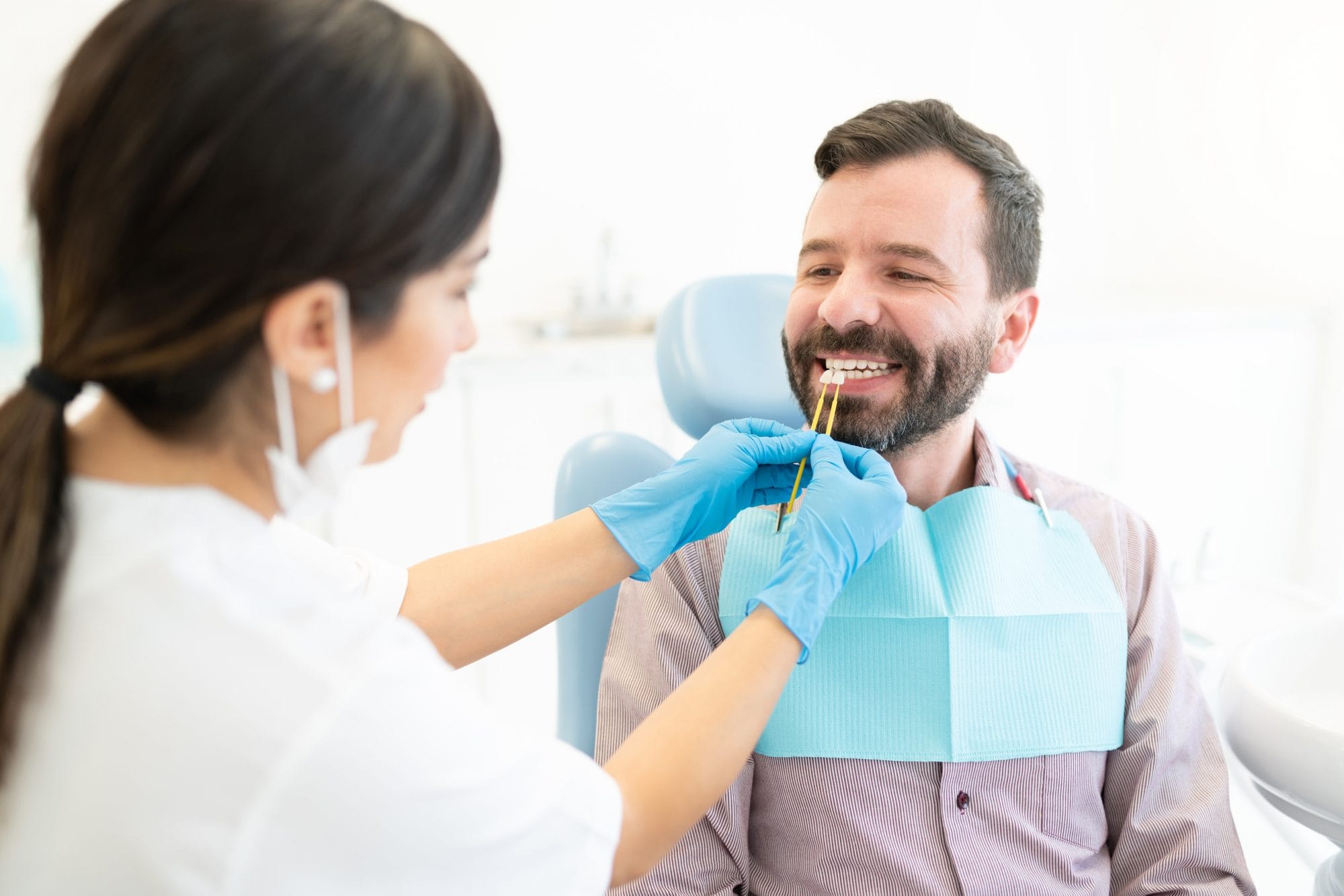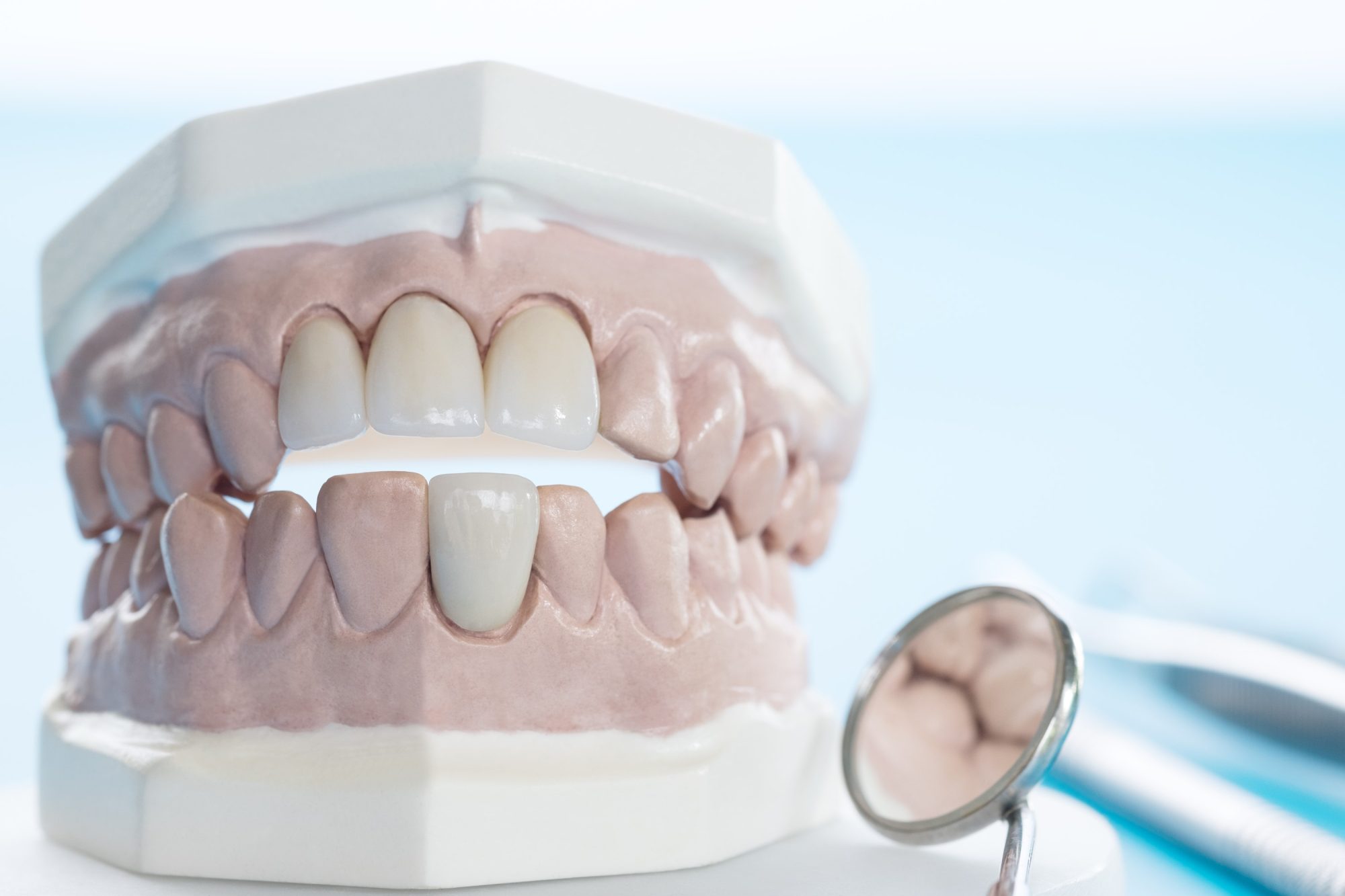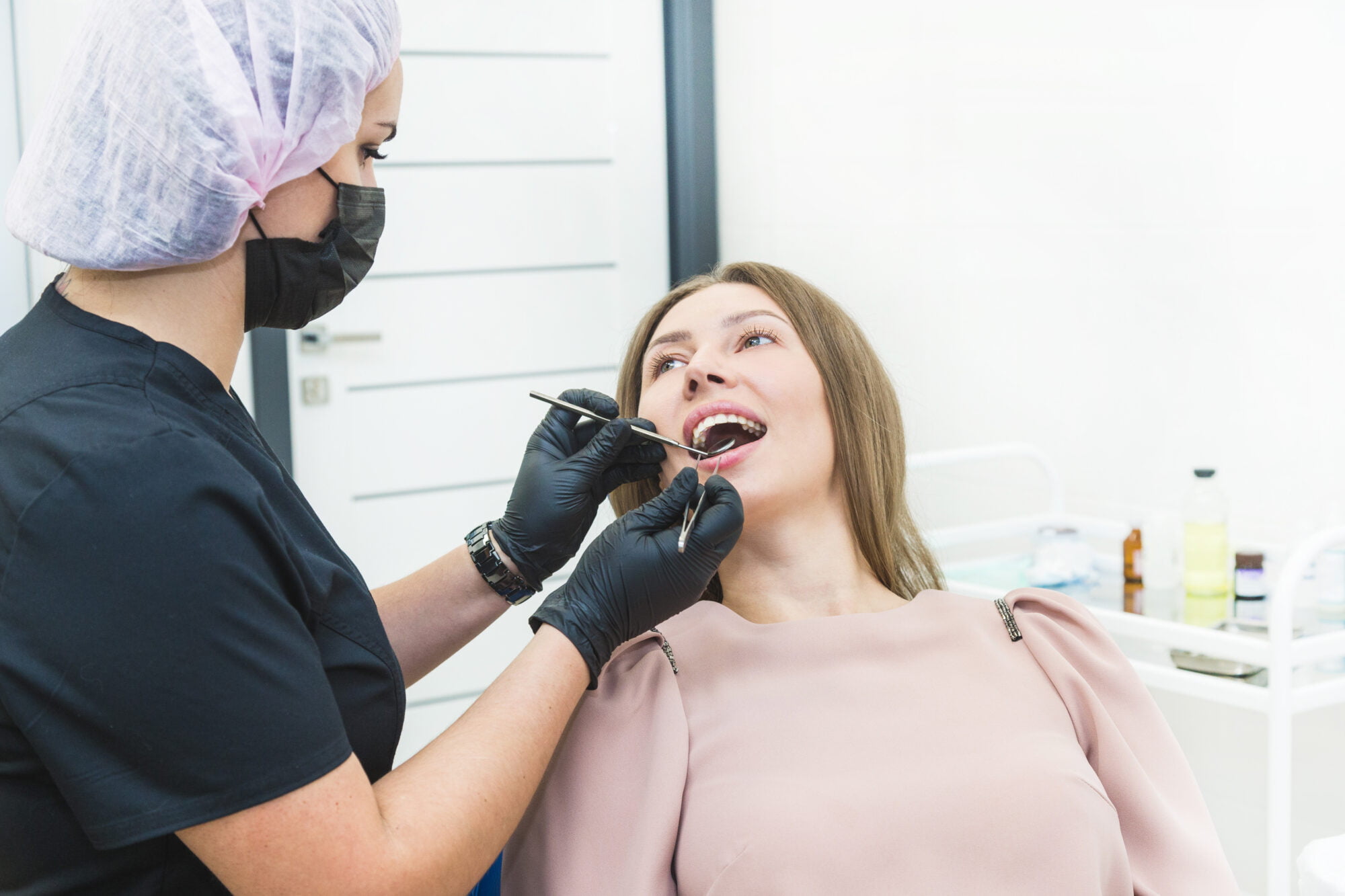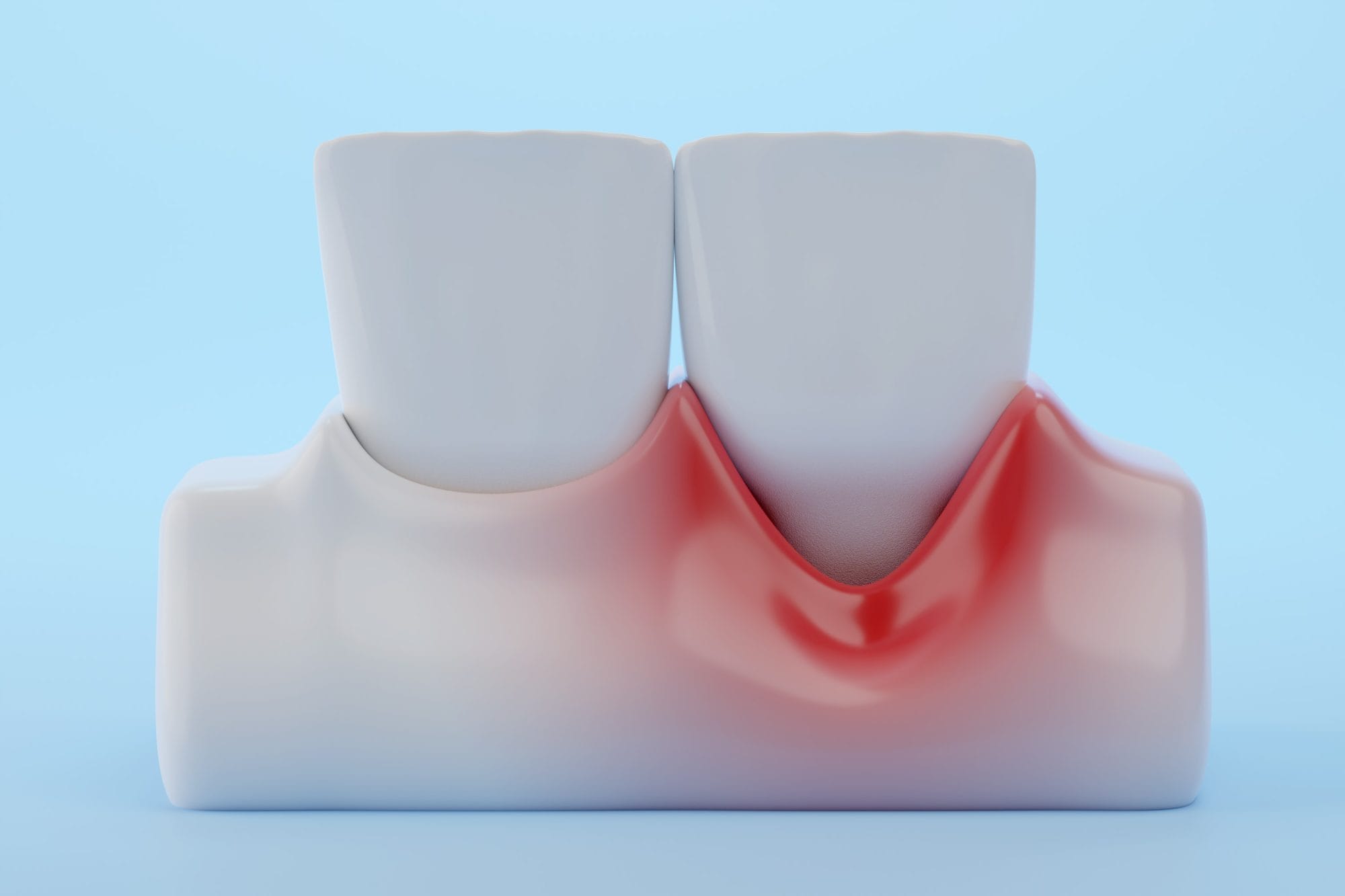Bad breath or halitosis is a common problem that everyone experiences from time to time, and can cause us to retreat from social interactions. So, what’s causing your bad breath, and how can you reclaim the confidence that fresh breath brings? In this blog post, we explore the five common causes of bad breath, treatments to try, and crucial preventive steps you can adopt.
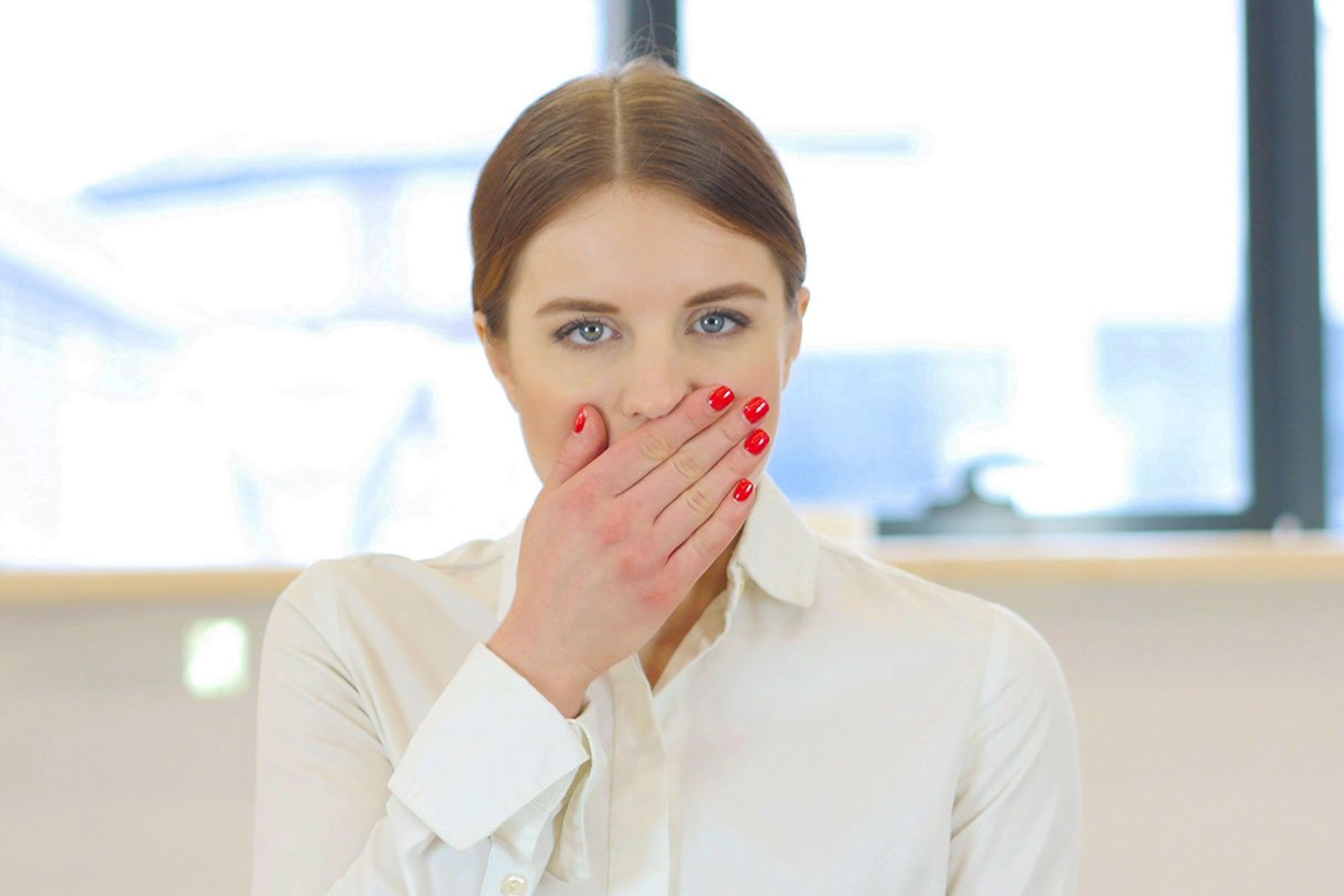
Bad Breath: Unmasking the Silent Social Nemesis
Before diving into the causes, it's important to understand what bad breath, or halitosis, entails. It's an oral health condition characterized by an unpleasant odour emanating from the mouth. It can be temporary, resulting from certain foods and drinks, or persistent, caused by various health factors.
#1: The Oral Hygiene Factor: A Cornerstone of Fresh Breath
Poor oral hygiene is often the first culprit behind bad breath. Food particles left behind in your mouth encourage bacteria growth, resulting in an unpleasant smell. Moreover, inadequate oral hygiene can lead to serious dental conditions like gum disease and gingivitis, notorious contributors to persistent halitosis.
Treatments and Prevention: Counteracting bad breath begins with stringent oral hygiene. Brushing twice daily, flossing, using a waterpik and even using an antimicrobial mouthwash (SmartMouth is a great option for bad breath) should all be non-negotiable rituals in your oral hygiene regimen. Regular professional dental cleanings and check-ups also play an indispensable role in identifying and mitigating any potential dental issues contributing to halitosis.
#2: Gum Disease and Gingivitis: Unseen Culprits Behind Persistent Bad Breath
Gum disease and gingivitis, chronic inflammatory conditions affecting the tissues supporting your teeth, often fly under the radar as significant contributors to bad breath. Plaque and tartar accumulation around the gum line breeds bacteria, leading to inflammation, gum bleeding, and a bad taste or smell in your mouth.
Treatments and Prevention: Professional dental treatment becomes paramount when gum disease and gingivitis are the culprits behind bad breath. Deep cleaning procedures, such as scaling and root planing, can remove accumulated plaque and tartar. Besides, your dentist may recommend medicated mouthwash or prescribe oral antibiotics to manage the infection. Adopting good oral hygiene practices and a diet that supports oral health can help prevent these conditions.
#3: Dry Mouth: The Unlikely Foe of Fresh Breath
Dry mouth, or xerostomia, is an often-overlooked cause of bad breath. When your salivary glands don't produce sufficient saliva—essential for cleansing your mouth and controlling bacteria growth—bad breath can result.
Treatments and Prevention: Hydration is the first line of defence against dry mouth and its associated bad breath. Consider using specially formulated mouthwashes or artificial saliva products. Avoid substances like alcohol, caffeine, and tobacco, which exacerbate mouth dryness.
#4: Culinary Culprits: Foods and Drinks that Taint Your Breath
Certain foods and drinks are notorious for their strong odours, which can temporarily taint your breath. Think about culprits like garlic, onions, and coffee. Even though brushing and flossing can minimize the smells, the odours may linger until the body fully metabolizes these foods.
Treatments and Prevention: Moderating the consumption of such foods, especially before social events, can help manage bad breath. Try rinsing your mouth, drinking plenty of water, or chewing sugar-free gum after meals to neutralize odours.
#5: Smoking and Tobacco Use: The Stale Breath Offenders
Smoking and the use of tobacco products have a direct link to bad breath. Not only do these habits dry out your mouth, creating a favourable environment for bacteria growth, but they also leave a lingering stale smell that persists even after brushing. Moreover, smokers and oral tobacco users are at a higher risk of developing gum disease, an infamous contributor to bad breath.
Treatments and Prevention: If you're serious about saying goodbye to bad breath, one of the most impactful changes you can make is to quit smoking and using tobacco products. Healthcare professionals can provide valuable guidance and resources to assist you in this life-changing decision.
Understanding the causes of bad breath is just the beginning; overcoming this condition requires taking active steps toward treatment and prevention. While it may be an uncomfortable subject, addressing bad breath proactively can pave the way for healthier oral hygiene, fresher breath, and, ultimately, boosted confidence in your personal and professional interactions.
Straightening your teeth, treating underlying dental conditions like gum disease and gingivitis, and making certain lifestyle changes can all help you say goodbye to bad breath. Don't hesitate to seek help, be it professional dental treatment or self-care practices. The journey to fresh breath is a continuous one, and every step you take makes a difference!
Your oral health is integral to your overall well-being and the impression you make on others. Chat with the friendly professionals at Eau Claire Park Dental about how you’d like to improve your oral health. Together, let's embrace the journey towards fresher breath, healthier smiles, and a happier, more confident you!
For more information about Bad Breath causes and prevention, check out our eBook here.
With consistent effort and care, you can enjoy a beautiful, confident smile that radiates health and vitality.
At Eau Claire Park Dental, we want to help our patients confidently choose the best teeth whitening options. For more comprehensive information on whitening your teeth, download our complimentary ebook, Everything You Need to Know About Whitening Your Teeth. We also offer premium oral health care products to optimize the color of your teeth between dental visits.
Do you have a favorite method for whitening your teeth? Share your tips with our readers below!
